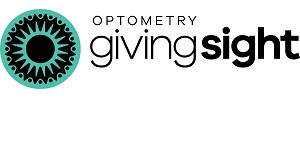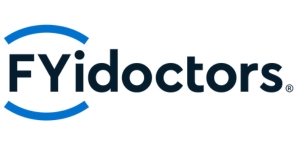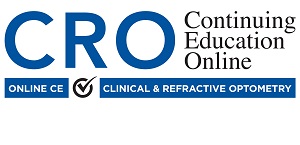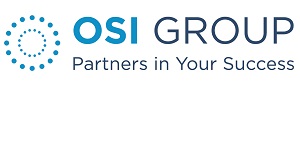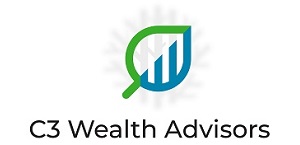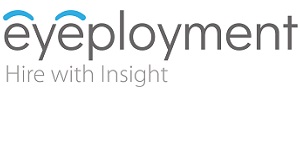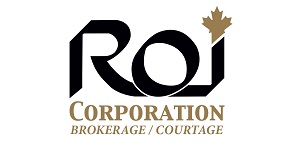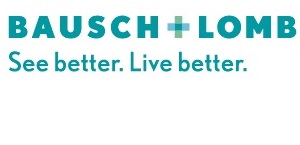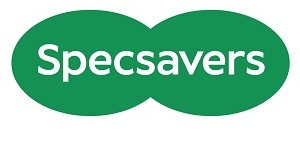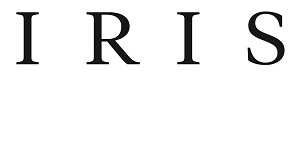
You have likely been a student for over 19 years of your life. You have had summer jobs and after school employment. You might have even taken a gap year to travel or work and save up some money. But now it’s time to “adult up”.
Without a doubt, this is both an exciting and scary time of your life. This September, you won’t be returning to school. When it seems like everyone else is rushing around in “Back to School” mode, you’ll be performing a ream of eye exams on children and teens.
So what does this next chapter look like? What are some of the new expenses you can now expect?
First …Celebrate!
You truly deserve to celebrate your accomplishment. But keep your celebration within reason, because the money isn’t free flowing yet, and likely won’t be for some time as real world expenses are about to begin.
Licensing Fees
In Canada, you will need to make application and pay the provincial licensing fee. In most provinces, there is a College of Optometry, the self-regulating authority that ensures that practicing members are fit to practice.
Separate from the mandatory College registration, there may also be a voluntary Association membership in some regions. Although these fees are voluntary, they do go to support the profession at a provincial level by negotiating with provincial health and other third party payers of eye exams and some eyewear.
In addition, your association is your voice in the advancement of the profession and is responsible for the delivery of continuing education. I encourage you to make your association part of your annual involvement, both in financial support and for it’s professional value.
Liability Insurance
Part of filing your College registration is proof of malpractice insurance. Unfortunately our world has become more litigious and the premium cost of liability insurance has increased. Ensure that your insurer provides broad coverage and has a good history of practitioner support.
Financial Aid Repayment
All that education has likely created a significant financial obligation that we call “Good Debt”. That is, debt that evolves from building an asset – in this case – your professional education.
It may even be “Best Debt” if it is government student debt where the interest is tax deductible. This doesn’t mean that repayment should be delayed however.
Significant debt can impact your ability to get a mortgage and it keeps following you around. If you are able to maintain your frugal student lifestyle for a bit longer, you’ll be surprised how quickly you can chunk away your debt and start saving for your first home.
Income Replacement Insurance
You’ve worked hard to earn that degree and you are, without a doubt, your greatest asset. It is therefore critical that you insure your ability to earn an income in the event of disability.
Disability income replacement plans come with many different features. Understanding what best meets your needs today and for the future is critical.
Keep in mind that medical underwriting is typically most favourable while you are still young, so it is best to get this conversation started as soon as possible.
Why is it more favourable when you are still young? As optometrists, we encourage regular eye exams to stay on top of changing medical conditions- the same is true when it comes to your own medical history. The longer you live, the longer the opportunity for your medical history (or your family – parents, siblings, grandparents, etc.) to change, which can affect YOUR insurance premiums!
Legal Services
The vast majority of your new opportunities will come with contracts. Before you sign on the dotted line it is worth your time and money to sit with a lawyer and ensure you understand the benefits and limitations of any contracts you are entering into.
You don’t know what you don’t know, and trust me- getting proper advise is imperative to your satisfaction in your career and personal wealth.
Taxes
Income taxes are a significant part of your new reality. If you are an employee, a portion of each renumeration will be withheld and sent to the CRA on your behalf. Although the withheld amount is calculated as per government tables, it is not always accurate, so you should set aside some additional funds each pay period to avoid a surprise on tax filing next spring.
If you are self employed, your first year of income will arrive without any withholdings. When you file your taxes in the spring you will be on the hook for both the employee and employer portion of Canada Pension Plan contributions, as well as, your income taxes.
You’ll also have the opportunity for some business deductions, so it’s important to establish some sort of organization to ensure you’re not losing that important paper trail!
As a general rule, I recommend you set aside 25-30% of every dollar you earn. As the year starts to wind up, we should have a conversation around some tax planning for the current year and to prepare for the following year, when you will have, hopefully, a full 12 months of income.
Advisory
As your Chief Financial Officer, I’m here to help you understand your money and assist you in making smart decisions about your debt repayment, insurance protection, tax management and wealth creation.
Have more questions than answers? Educating you is just one piece of being your personal CFO that we do. Call (780-261-3098) or email (Roxanne@C3wealthadvisors.ca) today to set up your next conversation with us.
Roxanne Arnal is a former Optometrist, Professional Corporation President, and practice owner. Today she is on a mission Empowering You & Your Wealth with Clarity, Confidence & Control.
These articles are for information purposes only and are not a replacement for personal financial planning. Everyone’s circumstances and needs are different. Errors and Omissions exempt.
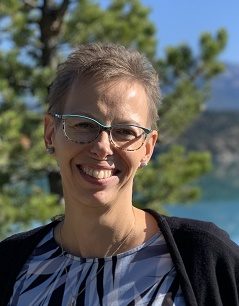
ROXANNE ARNAL,
Optometrist and Certified Financial Planner
Roxanne Arnal graduated from UW School of Optometry in 1995 and is a past-president of the Alberta Association of Optometrists (AAO) and the Canadian Association of Optometry Students (CAOS). She subsequently built a thriving optometric practice in rural Alberta.
Roxanne took the decision in 2012 to leave optometry and become a financial planning professional. She now focuses on providing services to Optometrists with a plan to parlay her unique expertise to help optometric practices and their families across the country meet their goals through astute financial planning and decision making.
Roxanne splits EWO podcast hosting duties with Dr. Glen Chiasson.









